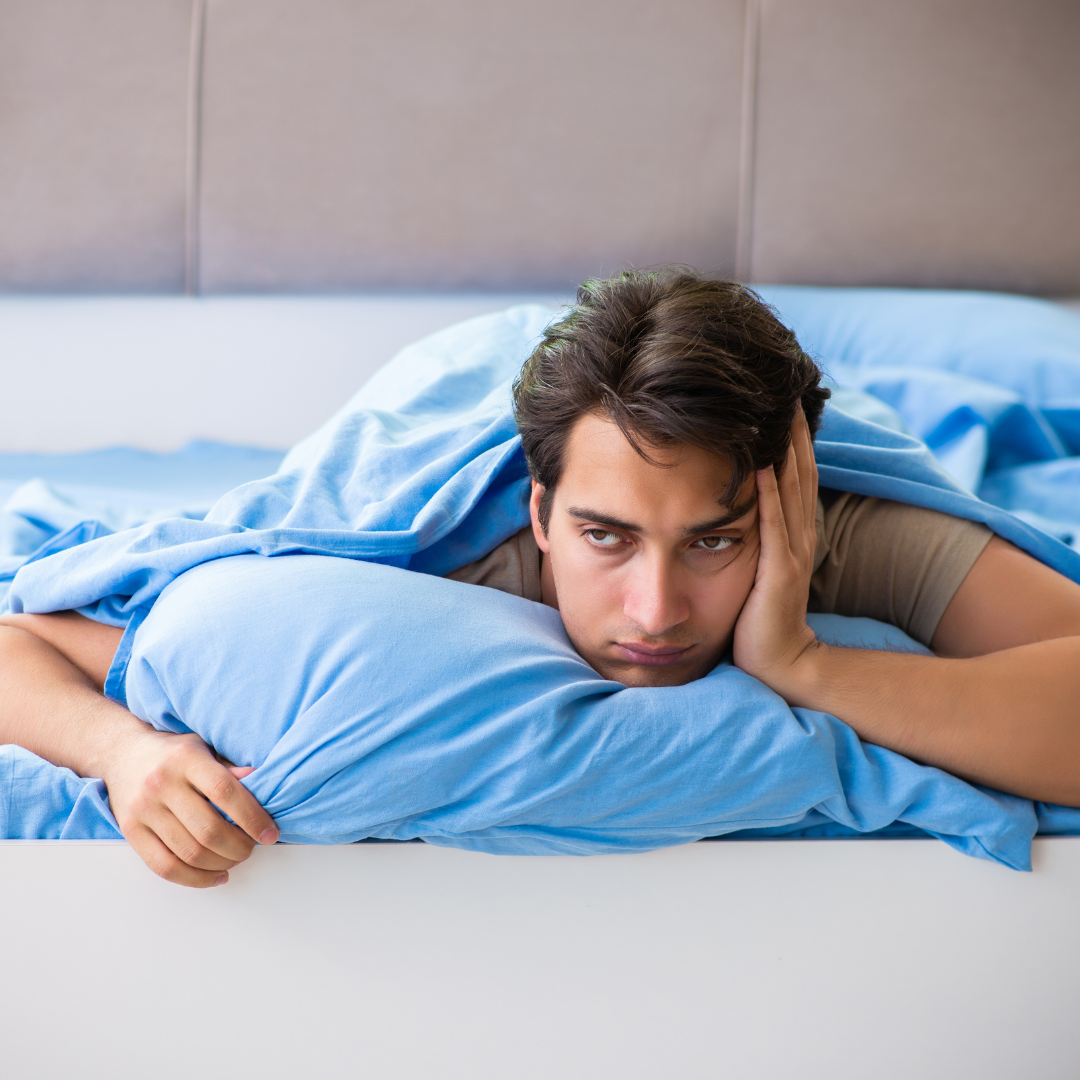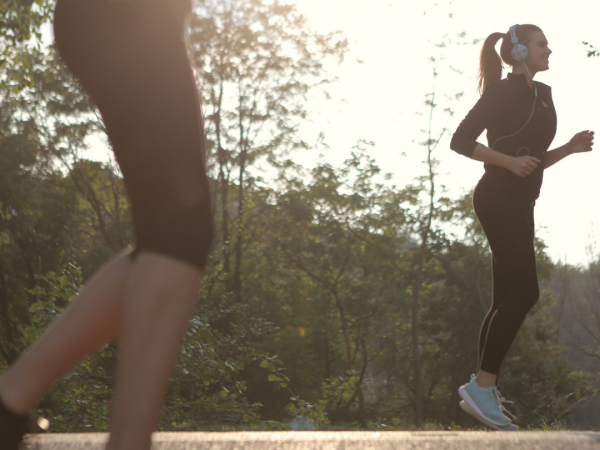Every day, millions of people in the United States have some form of ADHD. It’s estimated that 3-5% of children and adolescents have the condition. Low-flow sleep apnea is often associated with ADHD, and the condition can cause significant sleep quality and quantity problems, although the quietest CPAP machine you can find should be able to help, even for the lightest sleepers. While there are many types of sleep apnea, this article will focus on the more common types of apnea in children with ADHD.
ADHD (attention deficit hyperactivity disorder) is a developmental disorder that’s been around since the 1970s. It affects between 4 and 11 per cent of all kids, and it manifests in a variety of ways. Some kids are able to manage their symptoms and live normal lives. Other kids grow up to suffer from serious sleep issues because of the stress of having this disorder in their lives.
When someone says “ADHD,” you might think of a hyperactive child who can’t sit still. But there’s a much bigger issue at play here, according to a study by the University of Cambridge, which found that people with ADHD sleep much less than healthy people, and their sleep patterns are affected by the disorder. It’s a good thing that scientists have created the technology to produce artificial “sleep” patterns. Otherwise, no one could ever sleep.
In order to sleep well, sleep hygiene is important. Sleep advisors recommend that we go to bed at the same time each night, wake up at the same time each morning, and try to keep the lights off for at least an hour before we go to bed. If, however, you have lights entering your room from outdoors, then you may face trouble falling asleep. Try to block the light out so that it does hinder your sleep. While you can draw your curtains to do that, installing motorized Custom Blinds could offer better light blocking. They are designed such that they can fit close to the window frame, thereby minimizing the gaps through which light can pass. Plus, they have different light control options that can allow you to get a darker environment to sleep peacefully.
Keep in mind that doing these can help make the body unwind and can prevent a person from having a sleepless night. Some people, however, might face challenges in order to get a restful night’s sleep. Those who do might have to consult a doctor who can prescribe them suitable medications depending on their health condition. If you communicate your dislike for over-the-counter medications, chances are, the doctor would suggest marijuana owing to the benefits it offers in improving sleep. The doctor may also be able to help you in obtaining a medical marijuana card which could slash the prices of the products you buy (see how to get a medical card in Arizona, or elsewhere).
Know that having a medical marijuana card can benefit you immensely. For starters, it can enable you to choose from a wide variety of medical marijuana products from licensed dispensaries. Plus, individuals can get exempted from certain taxes on their purchases. What’s more? Medical marijuana cardholders can have higher possession limits compared to recreational users. Owing to these reasons, consulting healthcare professionals could be a good idea as they can not only prescribe you suitable marijuana products but also help you in opting for your medical marijuanas card ct or wherever you are located.
Anyway, over the years, many studies have attempted to investigate the correlation between sleep disorders and attention deficit hyperactivity disorder. One particularly intriguing study, published by a group from Penn State, found a distinct correlation between the two. Their study found that kids with ADHD who suffered from insomnia (having a difficult time falling asleep and staying asleep) had higher levels of insomnia-related brain activity (indicating that the disorder was affecting their sleep quality).
Everyone has their own sleep cycle. Your body has a regular, predictable pattern of sleep that repeats on a daily basis. For example, you might fall asleep between 2-3 am every day. This is known as your “sleep-wake cycle.” However, many people with ADHD have trouble falling asleep and staying asleep, especially when they know they have work the next day.
According to a recent study, one out of every five children and young adults has ADHD, and studies have shown that individuals with this disorder have trouble sleeping, especially during sleeping hours. The problem seems to lie in the brains of people with ADHD. During sleep, the brains of people with ADHD don’t work as well, which results in the inability to sleep.
Regardless of the day of the week, if you have ADHD, your quality of sleep is likely to be affected. (In fact, the chances are good that it will be affected if you have even one symptom of the disorder.) People with ADHD have an impairment in their ability to stay awake and/or respond to their sleep-wake cycle’s changing needs. This can be challenging to manage, but sleep therapy can be a great solution with the right support and some good self-help strategies.
Sleep and ADHD are two of the most common co-morbid issues people with ADHD face. Sleep disorders are common among people with ADHD due to their hyperactivity and impulsivity, which makes it difficult for them to fall asleep and stay asleep, leading to insomnia. Sleep is also affected by the presence of other conditions like depression, anxiety, and stress.
Many people with ADHD struggle with getting a good night’s sleep. With this can come problems like having a hard time sleeping in the morning, getting into bed at the wrong time, or going to bed too late. These problems may be due to the symptoms of ADHD or from another cause. It is important to get help to overcome your sleep problems.



